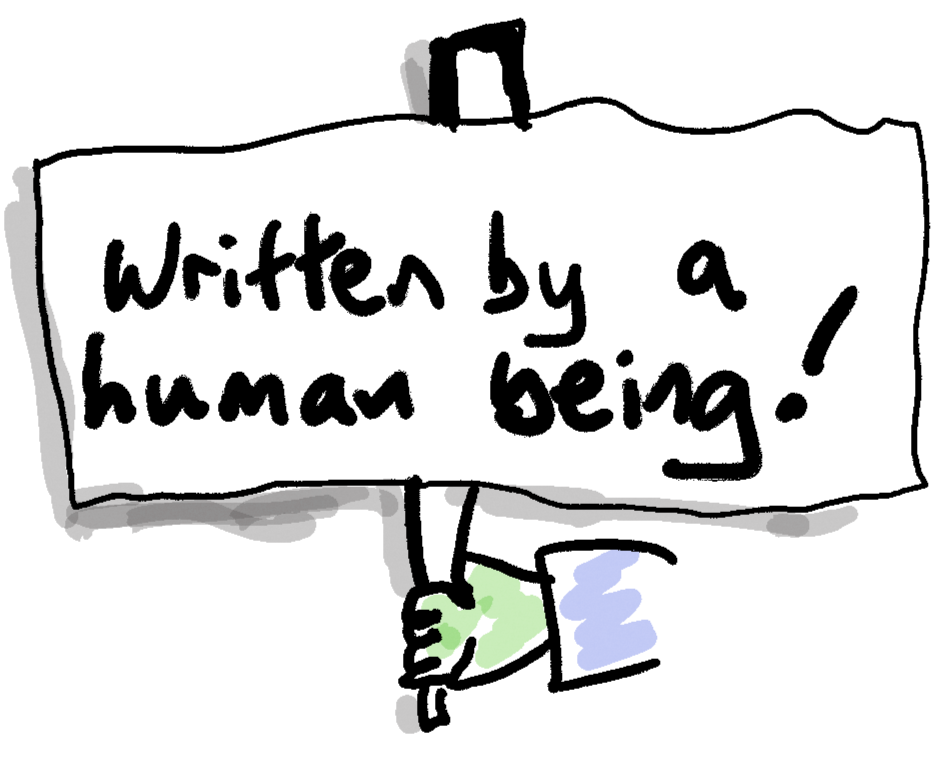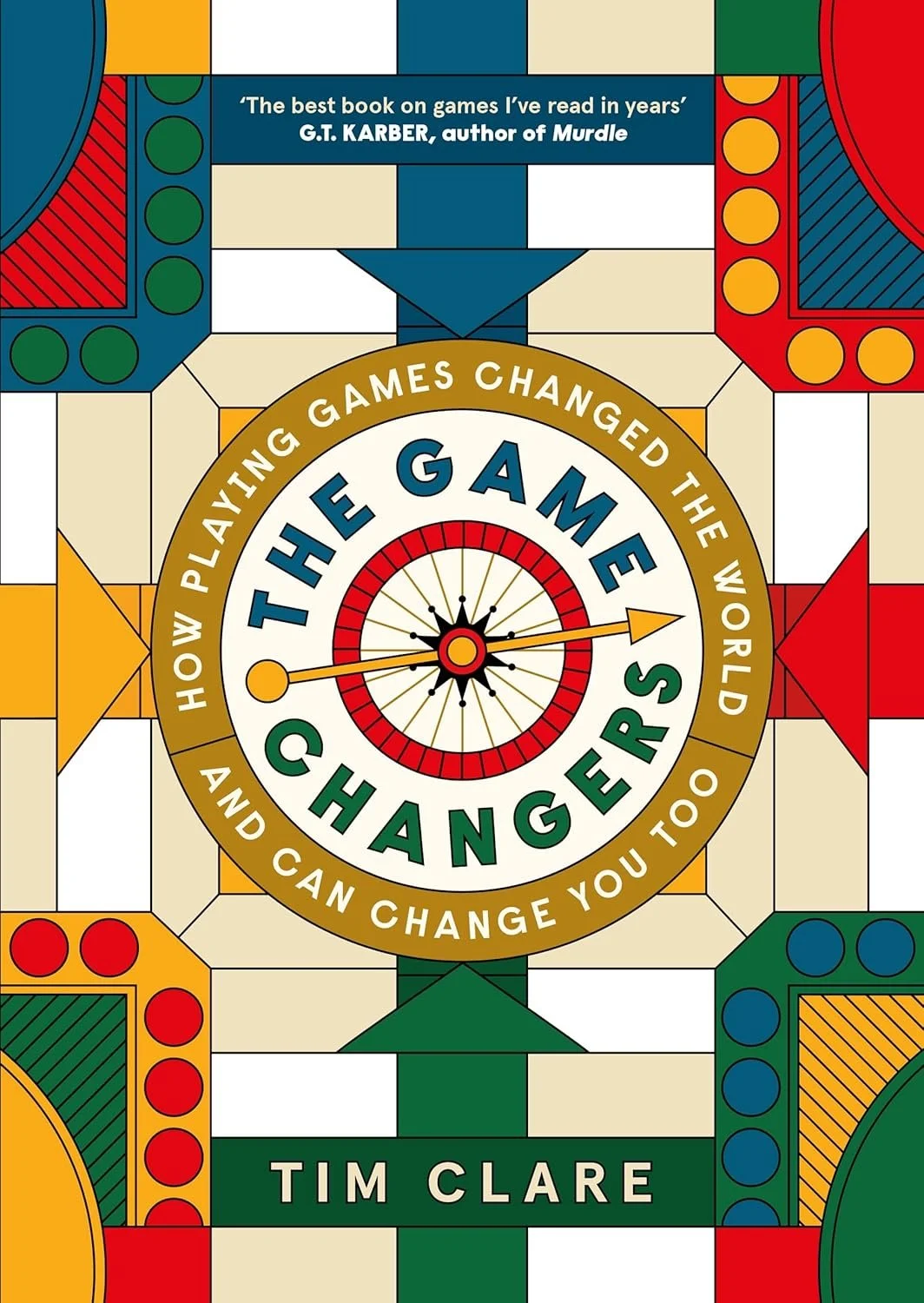In this article, I republish a review of mine that was first published in Teach Secondary magazine. Next, there follows the article I actually sent in. The differences are only minor, but I thought you might find it interesting to examine the differences, and consider what difference they make, if any, to your experience and understanding of the review.
The Game Changers: How Playing Games Changed the World and Can Change You Too
(Tim Clare. Canongate, £26.99)
Click the image to see this book on Amazon (affiliate link)
Despite the relative paucity of immediately obvious National Curriculum links, teachers will find several of sections of this book to be highly engaging.
First, there’s the veritable plethora of different games, many of which will likely be unfamiliar to the general reader.
Secondly, there’s the range of uses to which said games can be put – including divination, making judgements and, naturally, plain old enjoyment.
Finally, there’s the learning to be had from exploring the sometimes disagreeable history of said games.
More broadly, the book tells a historical story of (usually) friendly rivalries, productive co-operation and shrewd strategies, providing plenty of potentially useful material for PSHE classroom discussions and introductions to economics.
Who knows – reading about the variety of games here may even encourage the invention of a few more newer ones...
Reviewed by Terry Freedman
And now here’s the versioon I submitted originally:
There are several interesting aspects of this book, even though there are no immediately obvious links to the National Curriculum.
Firstly there is the plethora of different kinds of games, many of which will be unfamiliar to the general reader.
Secondly, there is the range of uses to which games have been put. These include divination, making judgements and, of course, enjoyment.
Thirdly, there is the sometimes disagreeable history associated with individual games. Overall, the book tells a story of (usually) friendly rivalry, co-operation and strategy. It inadvertently provides ideas for discussion, such as in PSHE, learning concepts (Economics) and assessment, perhaps in English. It could also provide a doorway to the study of an older society, or the long arc of history, as required by the Programme of Study for History.
Reading about the variety of games may even encourage the invention of a few original ones, with not a screen in sight.





